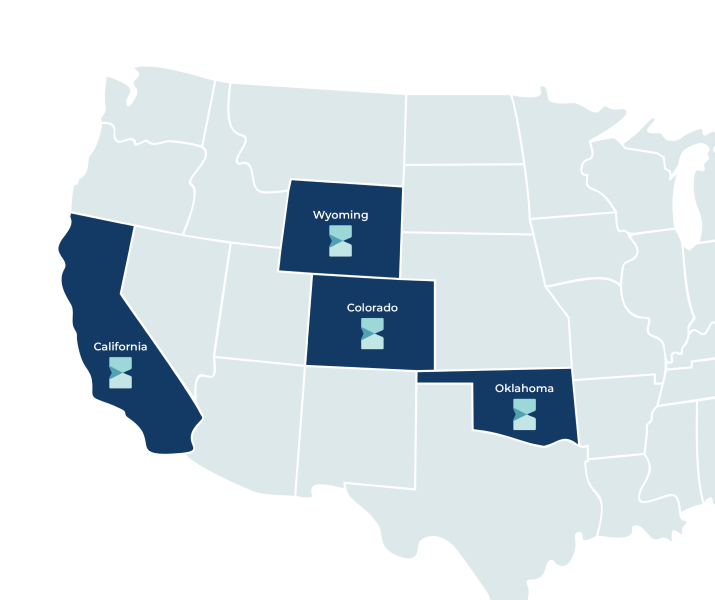
Overcoming Anxiety With Gentle Dental
Dental anxiety and dental phobia affect many people, including patients at Espire Dental. Today’s post answers some common questions about this vital topic.
What are the long-term consequences of dental anxiety and dental phobia?
The most harmful consequence is when a dental-phobic patient delays dental care until pain becomes excruciating. At this point, the problem is usually extremely advanced and requires extensive treatment.
In addition, there are often many other dental issues in various stages of progression. Many oral conditions eventually impact other vital systems, risking overall health and well-being.
There’s also another form of anxiety at play—an ironic one. In addition to the emotional distress about dental treatment, the patient who avoids care may also begin to panic about the worsening condition of their teeth.
What Should You Do If You Experience Dental Anxiety?
Tip: If you experience dental phobia or anxiety, schedule an appointment with Espire Dental. There are several individual fears associated with dental anxiety, including:
- Fear of pain
- Fear of the unknown
- Fear of loss of control
- Embarrassment due to poor dental health
During your consultation, we’ll address each of your specific concerns and provide reassurance and solutions tailored to your needs.
Sedation Options for Dental Anxiety
What if I need more help to get through treatment?
Sedation dentistry offers solutions for patients with mild to severe dental anxiety. The terms “sleep dentistry” and “oral conscious sedation” are both used, but they refer to different levels of sedation. Here’s a quick guide:
Level 1: Nitrous Oxide
Nitrous oxide, also known as “laughing gas,” is a safe and effective mild sedative. It begins working immediately upon inhalation, relaxes the patient during treatment, and wears off quickly once the mask is removed. No needles are required, making it ideal for needle-phobic patients.
Level 2: Oral Conscious Sedation
Oral sedatives take longer to start working but can provide a deeper level of relaxation. These medications don’t usually cause complete unconsciousness. Two commonly used sedatives are diazepam and triazolam. Oral conscious sedation is often combined with nitrous oxide for increased comfort.
Level 3: IV Sedation
IV sedation results in what is often referred to as “sleep dentistry.” Most patients are completely unaware of the procedures being performed. This method is helpful for more complex treatments like root canals, wisdom teeth extractions, multi-procedure smile makeovers, and oral surgery.
You Deserve Comfortable, Fear-Free Dental Care
At Espire Dental, our goal is to make you feel calm and confident in the dental chair. Whether you need mild relaxation or full sedation, our experienced team can guide you through the best option for your comfort.
Schedule an appointment with Espire Dental today!

Stop putting off your smile
Book your visit now—it’s easier than you think
Find your Espire location
